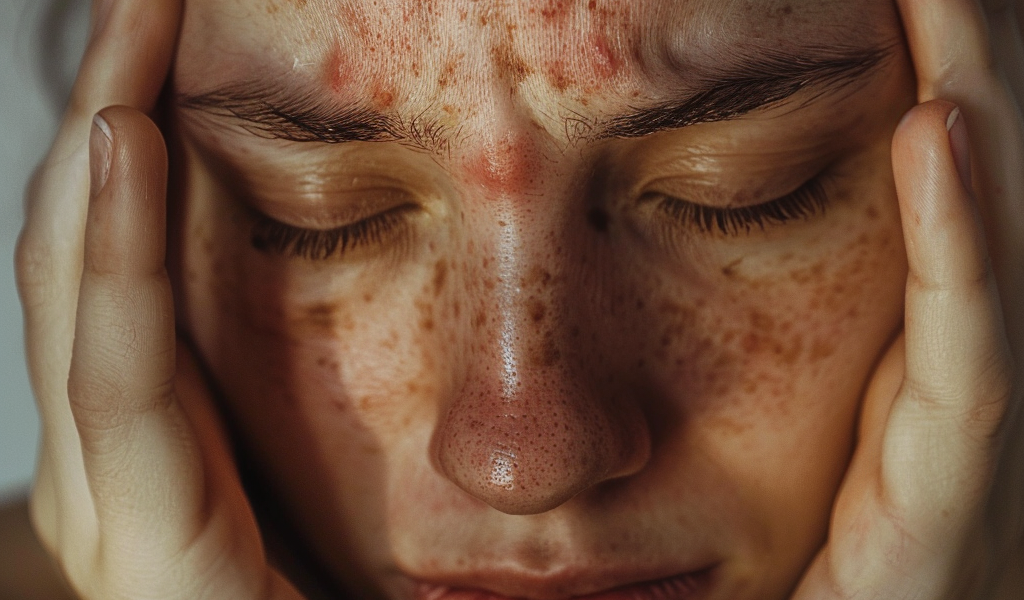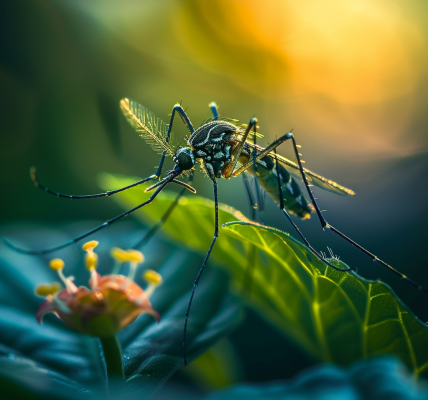In a world filled with stressors, the impact of mental health on physical well-being is becoming increasingly apparent. Dermatologists have shed light on how stress can significantly affect the appearance and health of our skin.
Dr. Afton Cobb, a seasoned dermatologist, frequently encounters patients who identify stress as a key factor exacerbating their skin conditions. Stress, she emphasizes, plays a pivotal role in influencing not just our overall health but also the condition of our skin.
According to Dr. Samer Jaber from Washington Square Dermatology in New York, stress triggers the release of hormones that have profound effects on the body, including the skin. Cortisol, a primary stress hormone, can lead to increased oil production, clogged pores, and aggravated acne.
Furthermore, stress can compromise the skin barrier, resulting in dryness and flare-ups of conditions like eczema and psoriasis. Research has shown that atopic dermatitis, commonly known as eczema, tends to worsen in response to stress, manifesting as itchy, dry, and red patches on the skin.
Aside from skin conditions, stress hormones can accelerate the aging process by breaking down collagen and elastin, leading to reduced skin elasticity, fine lines, and wrinkles.
But it’s not just the skin that bears the brunt of chronic stress. Hair can also be affected, with stress potentially triggering autoimmune hair loss conditions like alopecia areata and causing general hair shedding known as telogen effluvium. Studies even suggest that chronic stress may hasten the graying of hair.
Additionally, scalp itch can be a physical manifestation of underlying stress, anxiety, or depression. Understanding the impact of stress on both skin and hair is crucial for developing holistic approaches to maintaining overall well-being.





